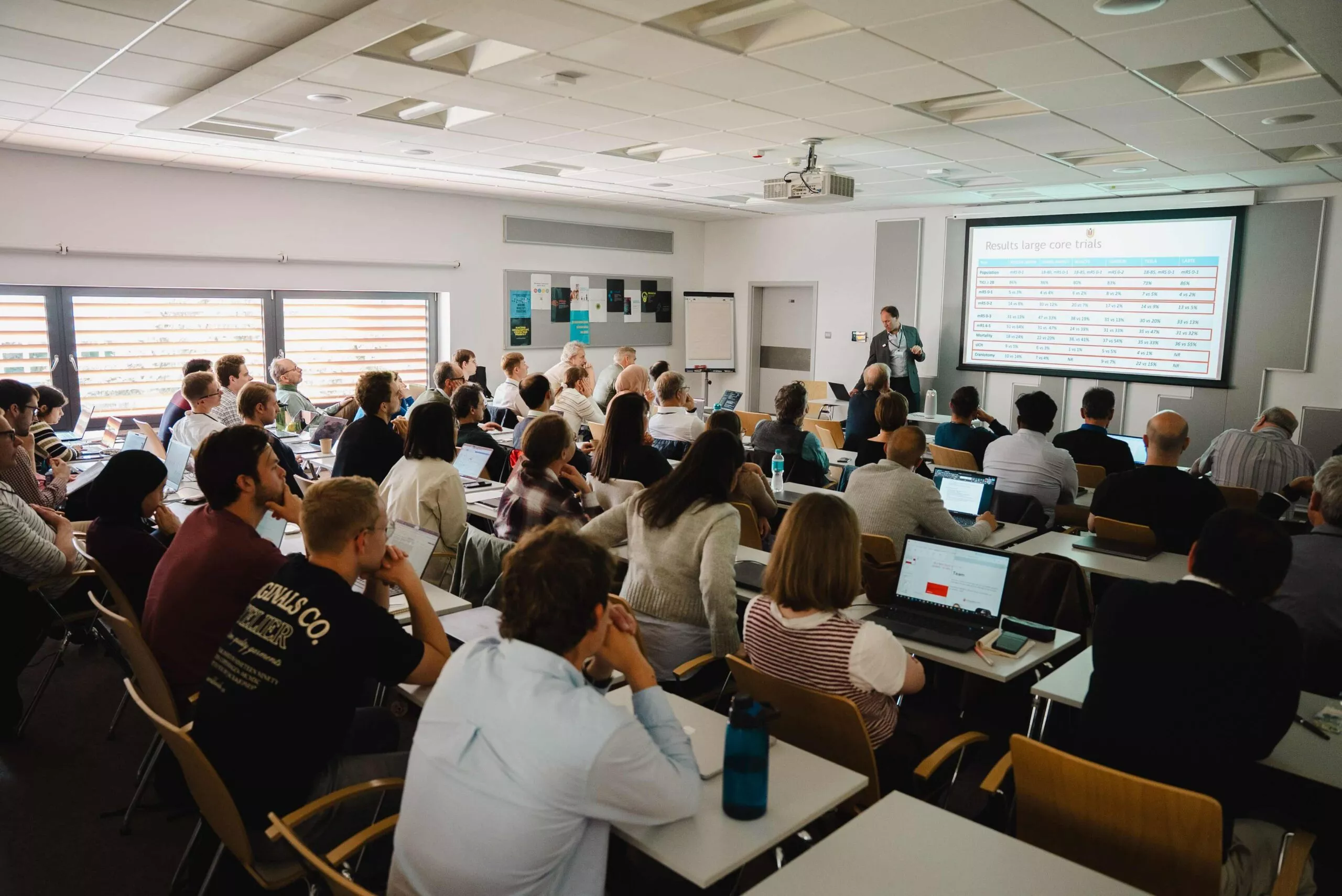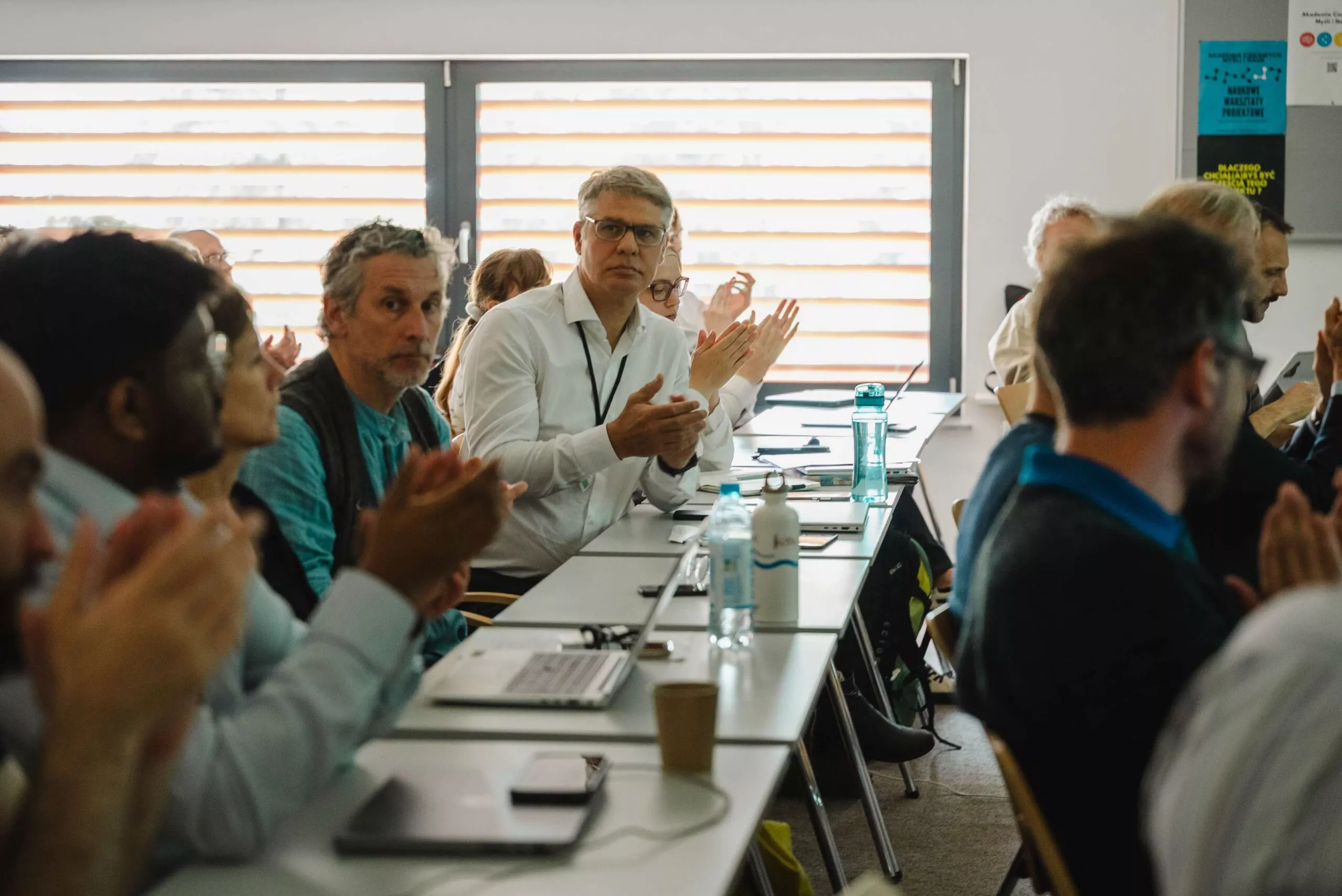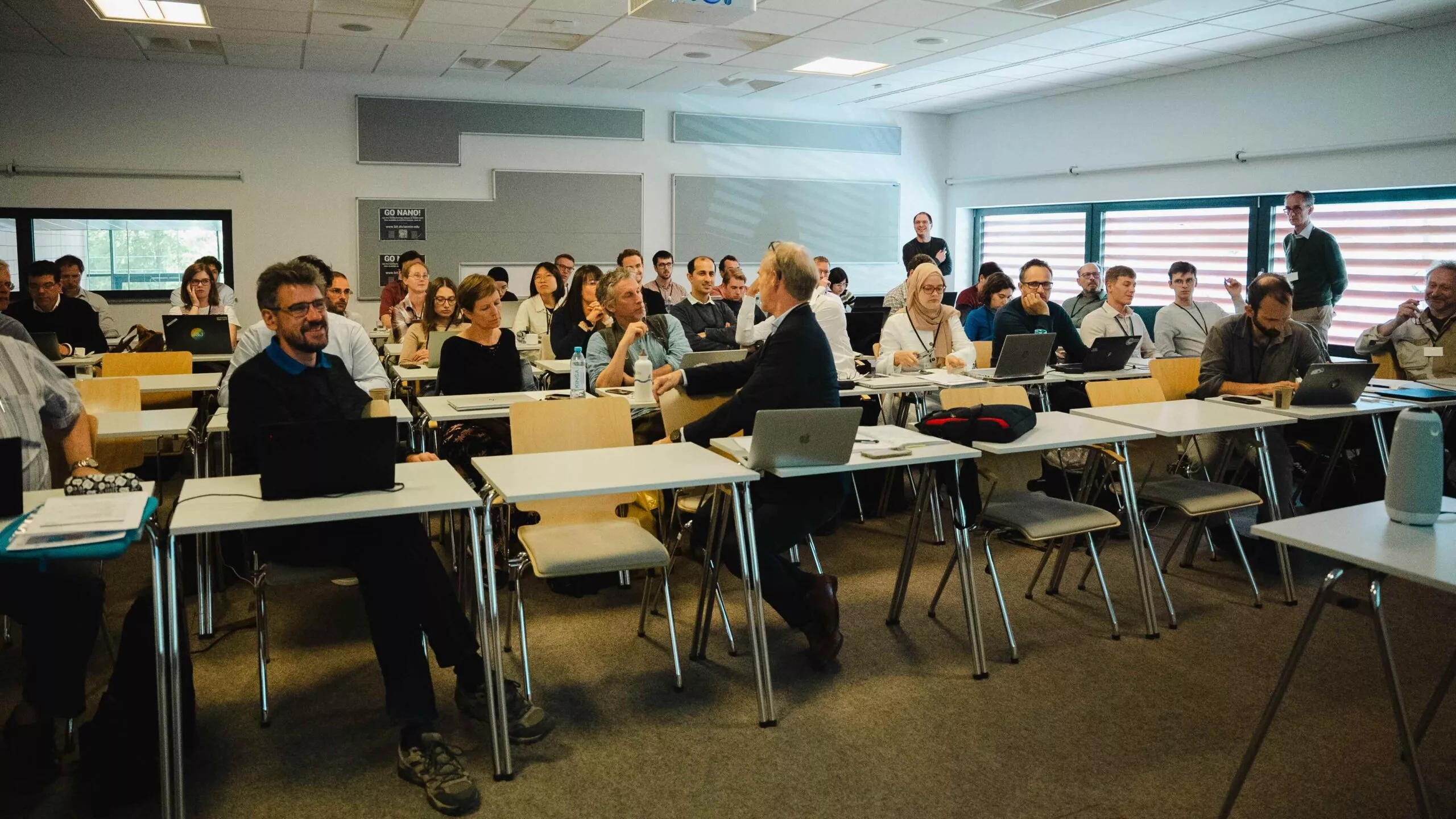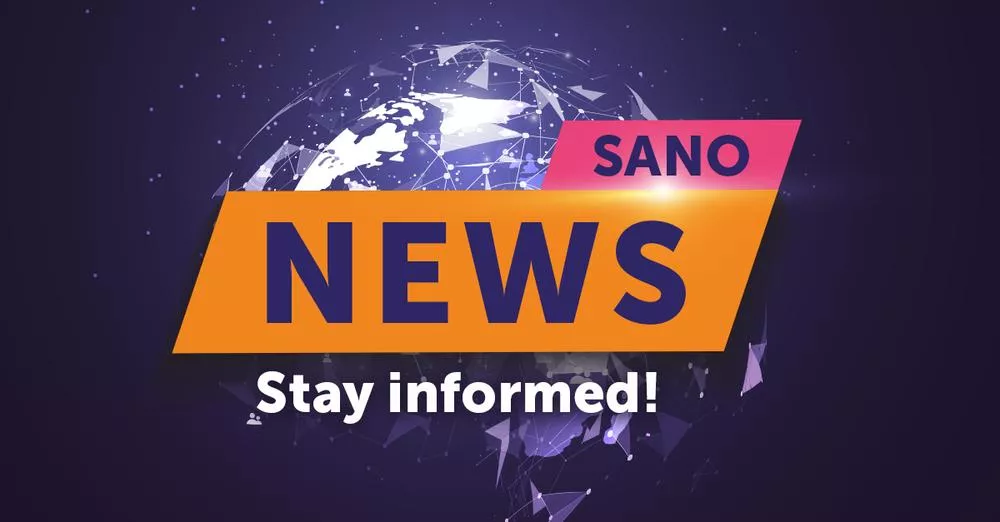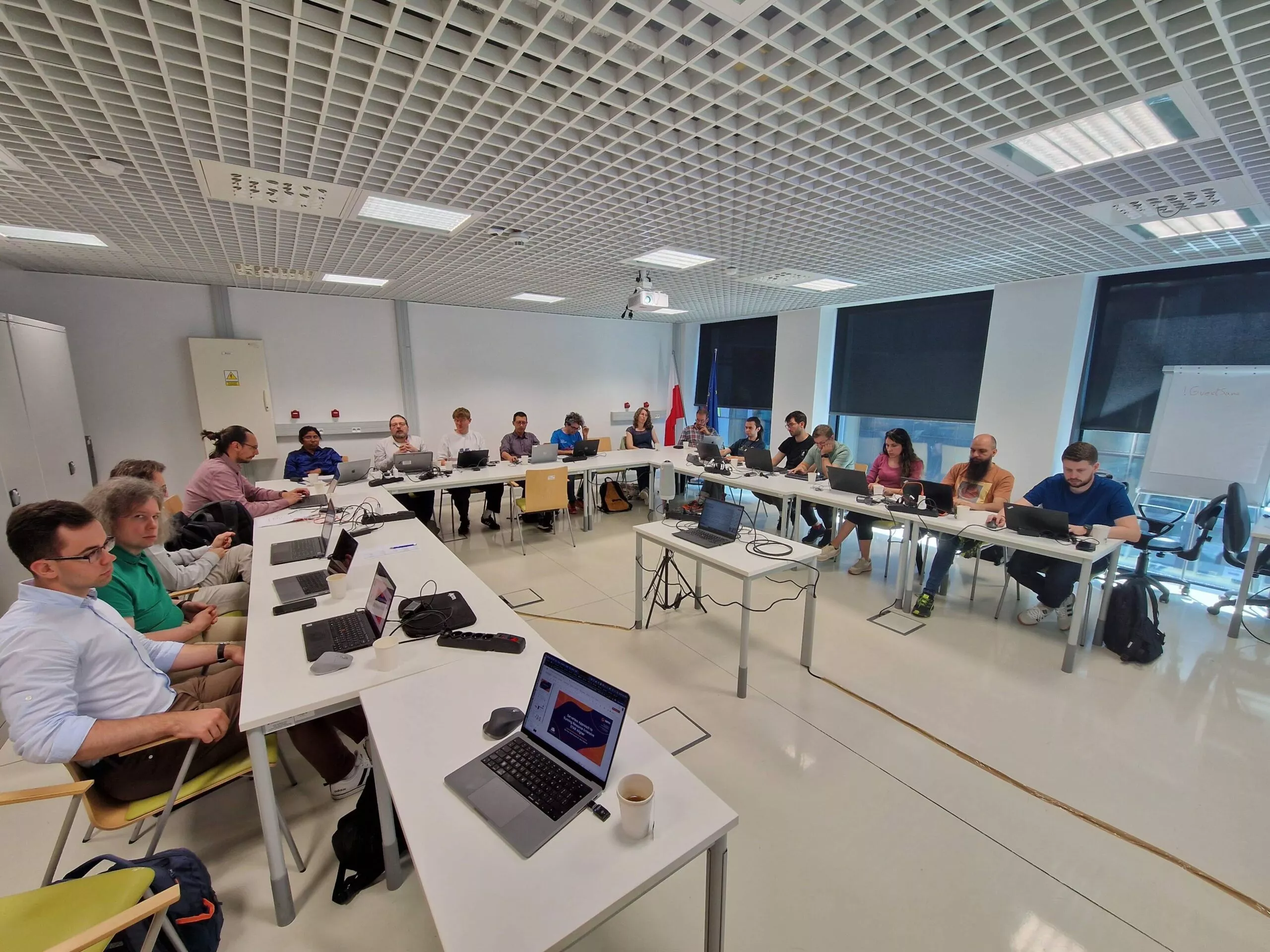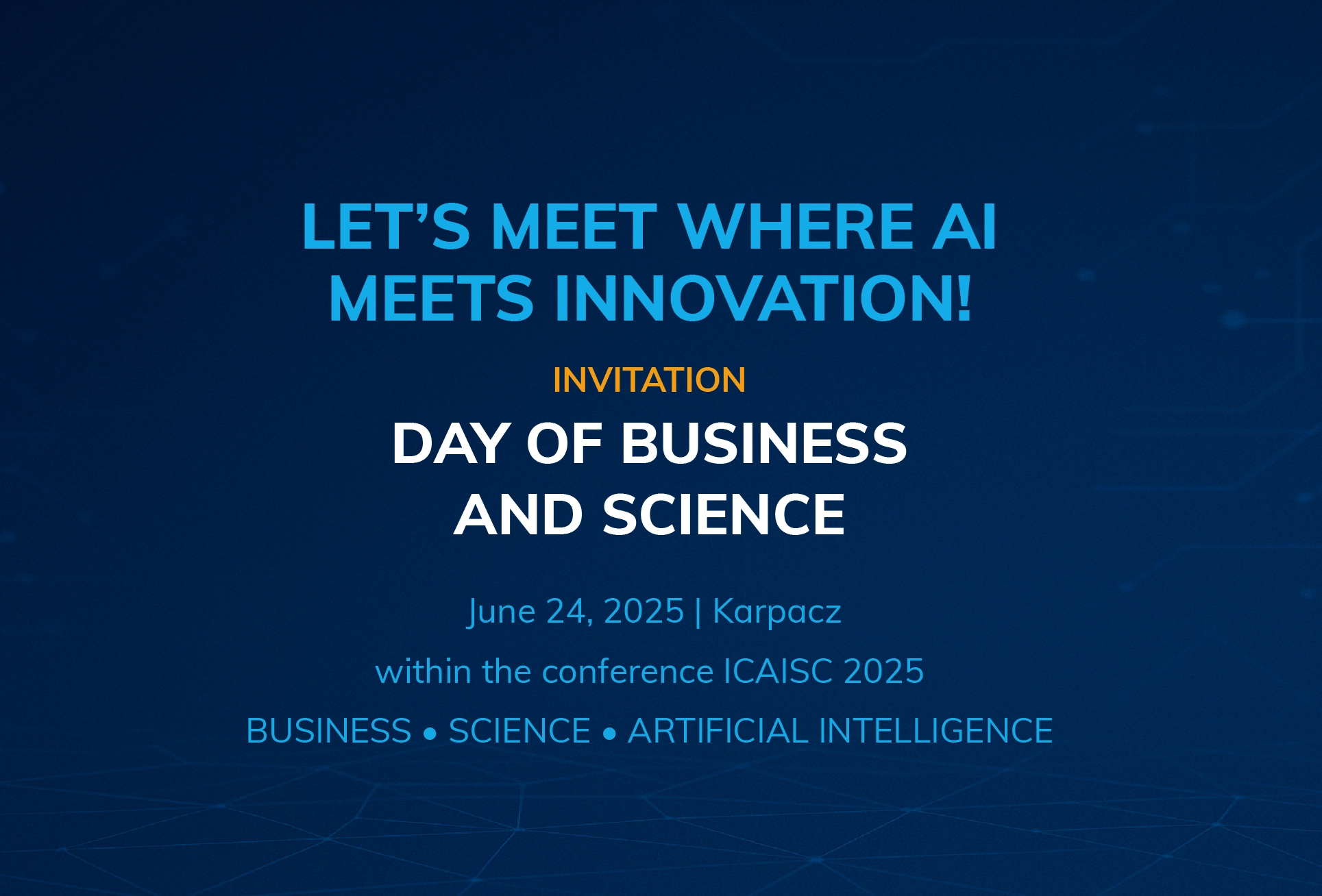
The 4th GEMINI Consortium Meeting Held in Krakow
Collaborative steps toward improving stroke diagnosis and treatment
The fourth meeting of the GEMINI project consortium took place in Krakow on May 12–13, 2025, co-hosted by the Sano Centre for Computational Medicine and the Academic Computer Center Cyfronet AGH. Partners from across Europe came together for two days of focused discussions, coordination, and collaborative planning.
The event opened with a plenary session at the Academic Centre for Materials and Nanotechnology (ACMiN), followed by parallel thematic sessions held at both ACMiN and Cyfronet facilities. This in-person gathering provided a valuable opportunity to reflect on recent achievements, identify current challenges, and jointly shape the next phases of development.
Representing Sano were Marian Bubak (Scientific Affairs Director and Project Lead at Sano), Piotr Nowakowski (Scientific Programmers Manager), Karol Zając (Scientific Programmer), Kamil Pilch (Visual Content Creator), and Katarzyna Baliga-Nicholson (Head of Innovation and Communication). From the Academic Computer Center Cyfronet AGH, participants included Marek Kasztelnik and Piotr Połeć.
The agenda offered a rich and diverse program, with two particularly noteworthy keynotes: Jonathan Coutin addressed the evolving clinical challenges in acute ischemic stroke treatment, and Nima Etminan discussed current approaches to managing cerebral aneurysms
Additional invited experts and contributors included Henk Marquering, Sandrine Morel, Giulia Luraghi, Gábor Závodszky, Praneeta Konduri, Charles Majoie, Laurian Jongejan, and Alfons Hoekstra—whose expertise supported the advancement of GEMINI’s interdisciplinary goals.
The GEMINI project is focused on enhancing clinical outcomes for patients affected by acute ischaemic and haemorrhagic stroke. Through the creation of advanced, patient-specific models—including multi-organ and multi-scale Digital Twins—the project aims to assist clinicians in making faster, more accurate, and more personalised decisions. Regular meetings like the one held in Krakow are essential to maintaining scientific alignment, exchanging expertise, and accelerating progress. They allow partners to assess the status of ongoing work, share insights, and address open questions collaboratively.
Thank you to all participants for contributing to a productive and inspiring meeting.
Photos from the Krakow meeting are available below.


